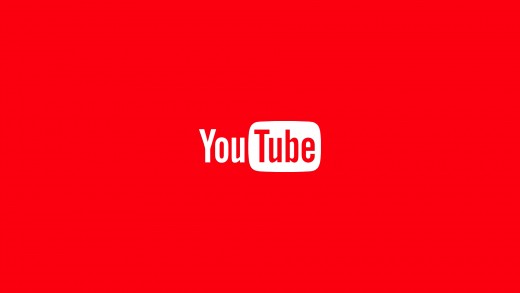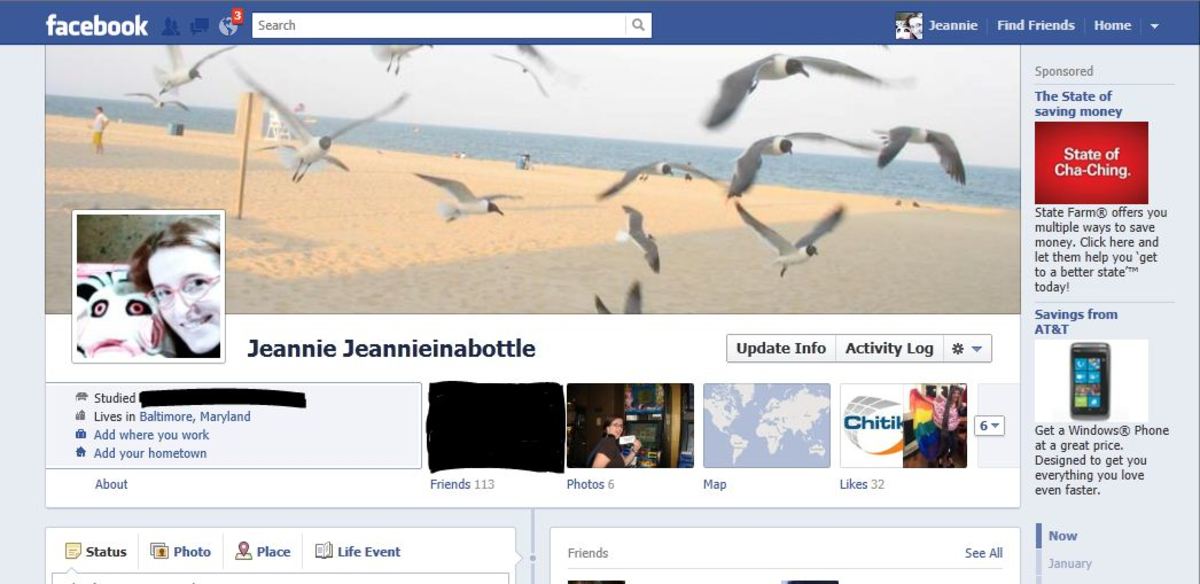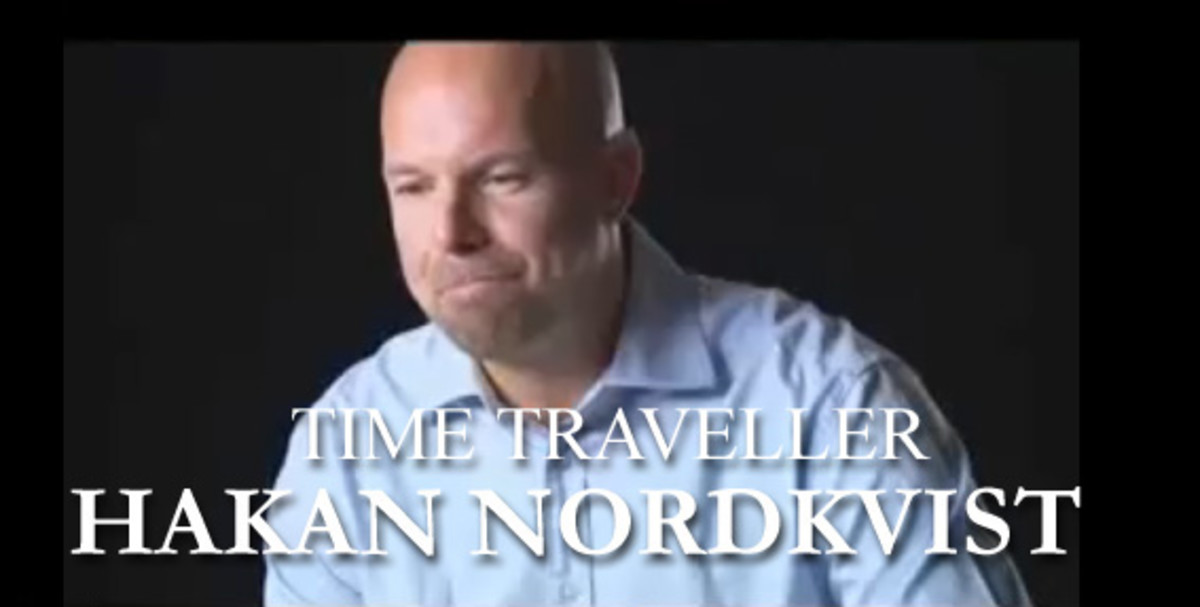Posting Articles and Videos Online: Youtube vs. Vimeo, Key Word Tagging, and Sharing

Intro
The Internet is a vast network of countless sites, videos, blog posts, downloads, podcasts, and pages. It can all seem rather daunting at times, but I am here to tell you that it really is not as hard as you might believe. It's pretty easy once you get into the swing of things. I am a person who is passionate about the media and mass communications, and so I wish to pursue a career in the media. I am into photography, video-making, and obviously writing! I have spent many-a-hour searching the web and contributing to its ever growing data banks. As a result, I am quite familiar with some tips of the trade.
Which One Is Better: Youtube or Vimeo?

Youtube has been around longer than Vimeo. Youtube is completely free and has very few limitations as to how many minutes of video or how many megabytes of footage you can upload and publish. Vimeo, on the other hand, is only free if you stick with the free plan and do not upgrade to a different plan which costs money out of your pocket each month. If you stay on the free plan, your Vimeo experience and usage will definitely be restrained to an extent. When on the free plan, you can only upload a maximum of 500 MB each week. A paid Vimeo plan allows for a higher weekly amount of visual data to be uploaded.
Vimeo is considered a better online publishing tool for aspiring filmmakers than Youtube. This is because Vimeo has easier ways for clients interested in a movie maker's work to be able to download a video off of the site. But not all Youtubers are planning to go be a director in Hollywood. Personally, I use Youtube way more than Vimeo, for both publishing and viewing, and I love it.
Why Should We Add Tags?

Youtube, online photo sharing communities, most blogs and collaborative nonfiction websites allow the creator to add "tags" to their videos, photos, or other posts. The main purpose of tags is simple and can be quite effective and rewarding. The purpose is this: when you add key terms or definitions as tags to your post, people who type those terms into a search engine are more likely to eventually find your work. So you can see how tags can be very important.
What's With Sharing?

Whether you are an aspiring filmmaker posting to Vimeo or Youtube, or a blogger trying to grow your site's popularity, something I think we can all relate to is the desire and need for post views. The views are usually correlated with the fame and popularity of your work. Comments can also add to the visibility of your work, but views are the most important.
Sharing projects on social medium sites is the most crucial post-posting promotion for your work. If you do a post on a personal blog, for example, you can copy and paste the URL to social media websites. That way, the people you are associated with on those sites will get an update about your work or perhaps see the post when scrolling through their social media pages. Family and friends, most likely, will comprise your most loyal viewers, readers, and followers.
Facebook remains one of the largest social media communities around to date, and I use it the most when sharing my work with the world. I suggest if your creative project covers a popular subject or one of large scale interest to share it with an appropriate Facebook group. (Typically, you need to "join" the group and wait for an administrator to approve and let you in. You could become a member within a few moments or it could take as long as a week or so. It depends.) For example, in the past when I have published Youtube parodies on Jurassic World and Star Wars, I have shared them with fan groups. Doing this has raised my channel's overall views as well as the views of those individual videos.
Likewise, emailing the link to your article or video to the editor of an appropriate website that is in search of such material can be quite beneficial. A personal example of this involved an article I wrote on Irwin Allen's TV series Voyage to the Bottom of the Sea on the collaborative blogging site Niume. I shot an email to an editor of the Irwin Allen News Network website along with a link to my post.
After a bit of a wait, it had been posted to the IANN's Twitter page as well as on the site itself. By doing that, in addition to sharing it on several Facebook groups, I saw the views on my Niume post skyrocket in one day!
It has been read by hundreds of people. This is still one of my most-viewed pieces of written work on the Internet. As you can see, the target audience you reach out to is very important. I hope this all goes to show you that sharing is definitely worth the little time that it takes. I encourage all media creators to share their talent with the world so it can be seen and for them to earn some recognition.
© 2017 John Tuttle





